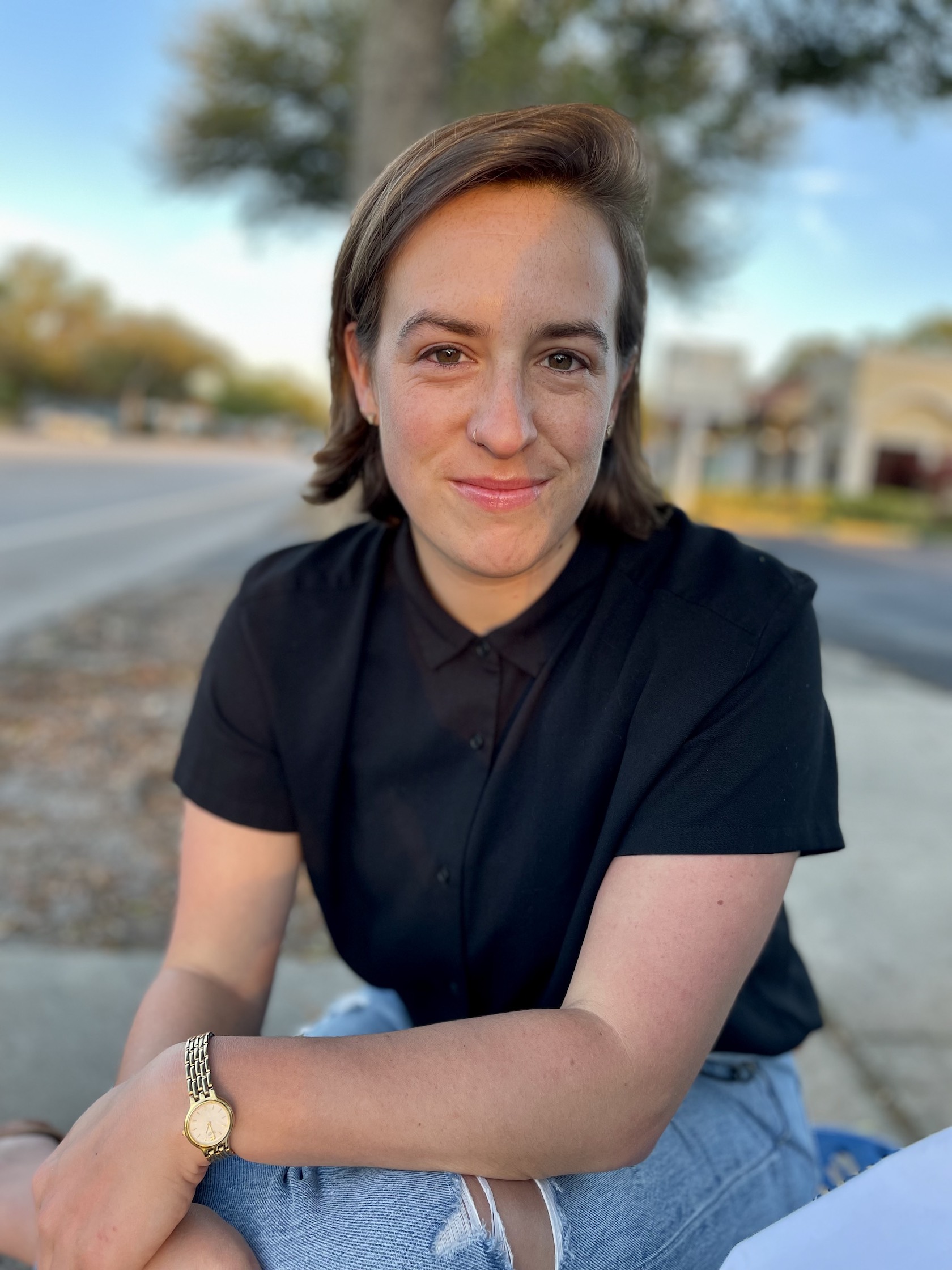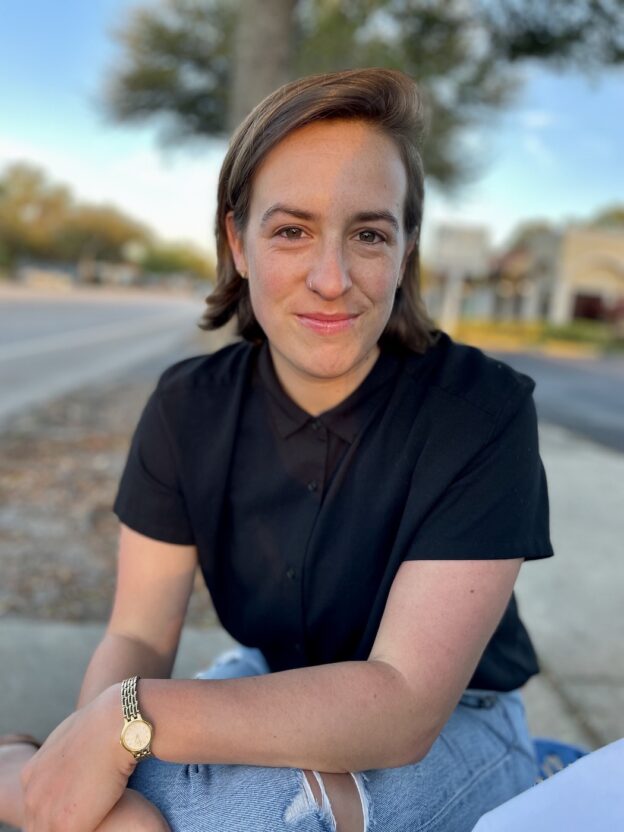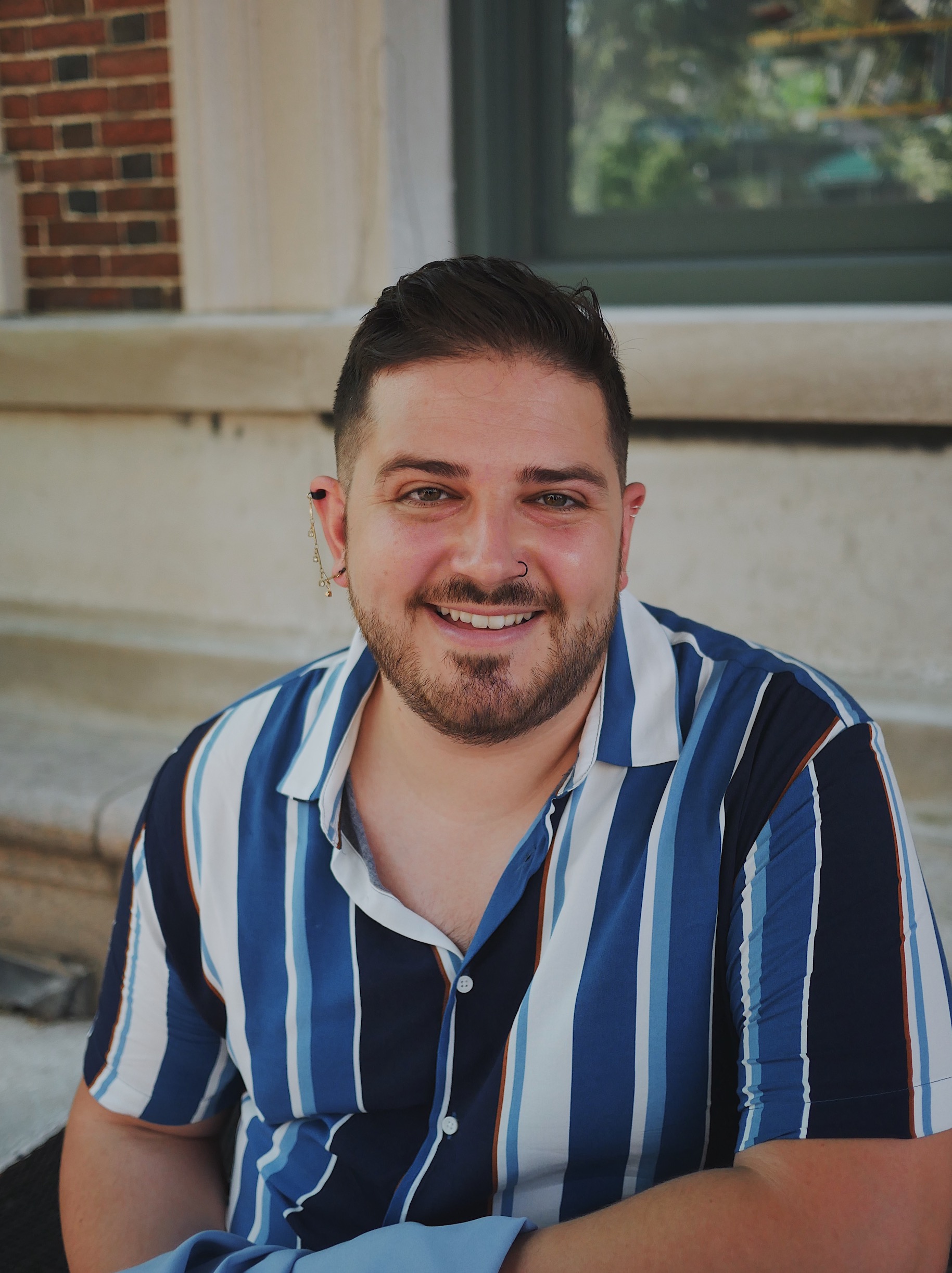This blog post is a part of a series developed by the APAGS Committee on Sexual Orientation and Gender Diversity (CSOGD) to celebrate LGBTQ+ graduate student leaders in psychology. If you are interested in learning more about APAGS-CSOGD and leadership opportunities within APAGS, please contact Emily Boswell (she/her).
What is your name and pronouns?
Lexie Wille, she/her.
What is your program and year?
I am a rising 5th year Counseling Psychology Ph.D. student at the University of Texas at Austin.
What brought you to CSOGD?
As I moved along in my program, I started to think about my time post-graduation more and more — What kinds of work can psychologists do within an organization like APA? What kind of job do I want to get? What kind of advocacy do I want to get involved in? I saw CSOGD as a great way to learn more about the organizational/professional aspects of being a psychologist while also working to support other LGBTQ+ graduate students.
What LGBTQ+ advocacy projects are you involved in?
Right now I’m working on a community-led health needs assessment collaboration between two organizations in Austin – Black Trans Leadership of Austin and OutYouth. I’m summarizing their project into a report and presentations that will help advocate for services and programming to support Black and Brown transgender residents of Austin.
What are your research interests and experiences?
My research is focused on assessing and improving the quality of healthcare services for the LGBTQ+ community. As a queer person I’ve had a number of healthcare experiences where I left feeling misunderstood or upset, which was really frustrating. Ideally, providers should be able to provide good quality care to all of their patients, regardless of whatever identities they hold. I’m working on my dissertation right now which is aiming to quantify the impact of negative healthcare experiences on health outcomes for a sample of LGBTQ+ residents of Austin.
What are your clinical interests?
I’m definitely interested in working with LGBTQ+ folks in therapy, and I have a burgeoning interest in a family systems approach to therapy with LGBTQ+ adolescents. I also enjoy working within medical settings. My practicum for this upcoming year will be working on a consultation/liaison psychiatric service at a local hospital here in Austin, which I’m really excited about.
What other interests do you have?
I love cooking, trying new wines, exploring Austin with friends, watching too many TV series with my fiancée, and texting in too many group chats! I think it’s super important to lead a balanced life so I really make an effort to keep my work contained to work hours and spend my time after work doing things I love with people I love.




